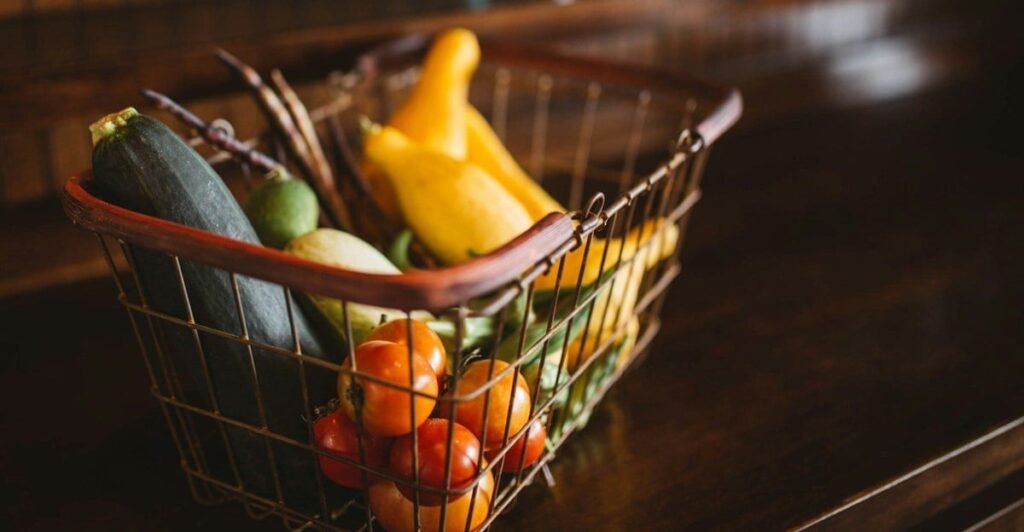In a significant move to support local e-commerce entrepreneurs, the Ministry of Trade, Industry and Competition has announced new measures aimed at levelling the playing field between international e-commerce giants and local businesses.

From next month, clothing purchased from international e-commerce retailers and packaged in small quantities will be taxed at the same rate as bulk purchases.
The measure is expected to curb tax loopholes exploited by international platforms and promote fair competition.
Innospace CEO Rael Levitt said he strongly supports the new measures. “We fully support free market trends that benefit entrepreneurs in particular,” Levitt said.
“It is vital that we give local businesses a level playing field, and these new regulations are a necessary step to ensure South African businesses can operate on a level playing field.”
Inospace, which manages 50 micro-logistics parks across the country, is heavily involved in the last-mile delivery sector.
With 70% of its 1,500 customers involved in e-commerce, the company is actively developing various facilities to support this growing industry.
These include pick and pack fulfillment services, flexible warehousing and a range of logistics facilities. Additionally, Inospace offers technology to provide the most competitive and optimal parcel rates, further supporting the logistical and operational needs of its customers.
Outgoing Minister of Trade, Industry and Competition Ebrahim Patel emphasised the importance of equal treatment in the market.
“Everyone must pay full customs duty and VAT,” Patel said. “This will ensure that South Africa is not impoverished because of a flawed regulatory environment.”
Several local retailers welcomed the move, pointing out that international platforms such as Temu and Shein have been exploiting tax loopholes by importing small quantities of goods to avoid high import duties.
In South Africa, imported clothing packages worth over R500 are subject to a 45% import duty plus VAT, while packages below this amount previously attracted minimal duties. From 1 July, these packages will be subject to the same 45% duty plus VAT, ensuring fair treatment for all retailers.
TFG CEO Anthony Thunstrom recently highlighted the company’s collaborative efforts with the South African Revenue Service (SARS) and customs authorities.
“We have been working closely with SARS and Customs to ensure we operate on a level playing field,” Thunstrom said. “Over the past few months, there has been a significant improvement in enforcement by SARS and Customs.”
Innospace founder Levitt echoed this sentiment, noting the importance of supporting local entrepreneurs in the fast-growing and highly competitive e-commerce sector.
“At Innospace, our focus on the small business e-commerce sector remains at the heart of our organization,” Levitt said. “We are committed to growing our local industrial entrepreneurs, and these new measures will help protect our customers and ensure they can compete fairly in the marketplace.”
While the Department of Trade and Industry is known for micromanagement and red tape, Levitt praised the legislation as an important intervention.
“This bill is vital in protecting local businesses from unfair competition and supporting the development of a strong e-commerce sector in South Africa,” he said.

